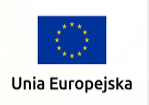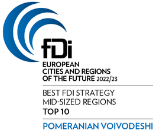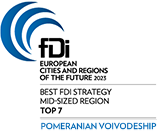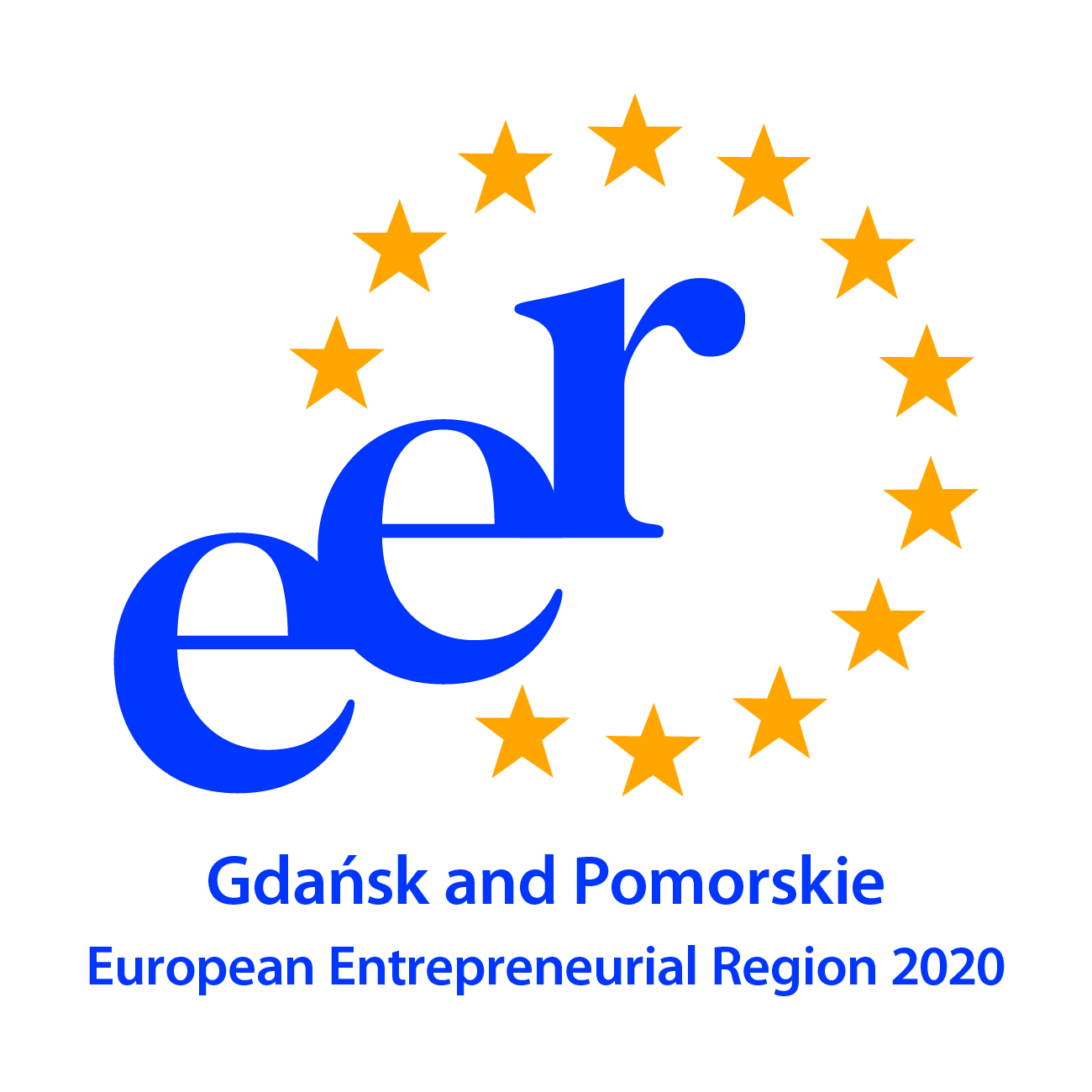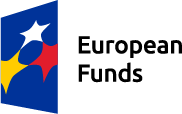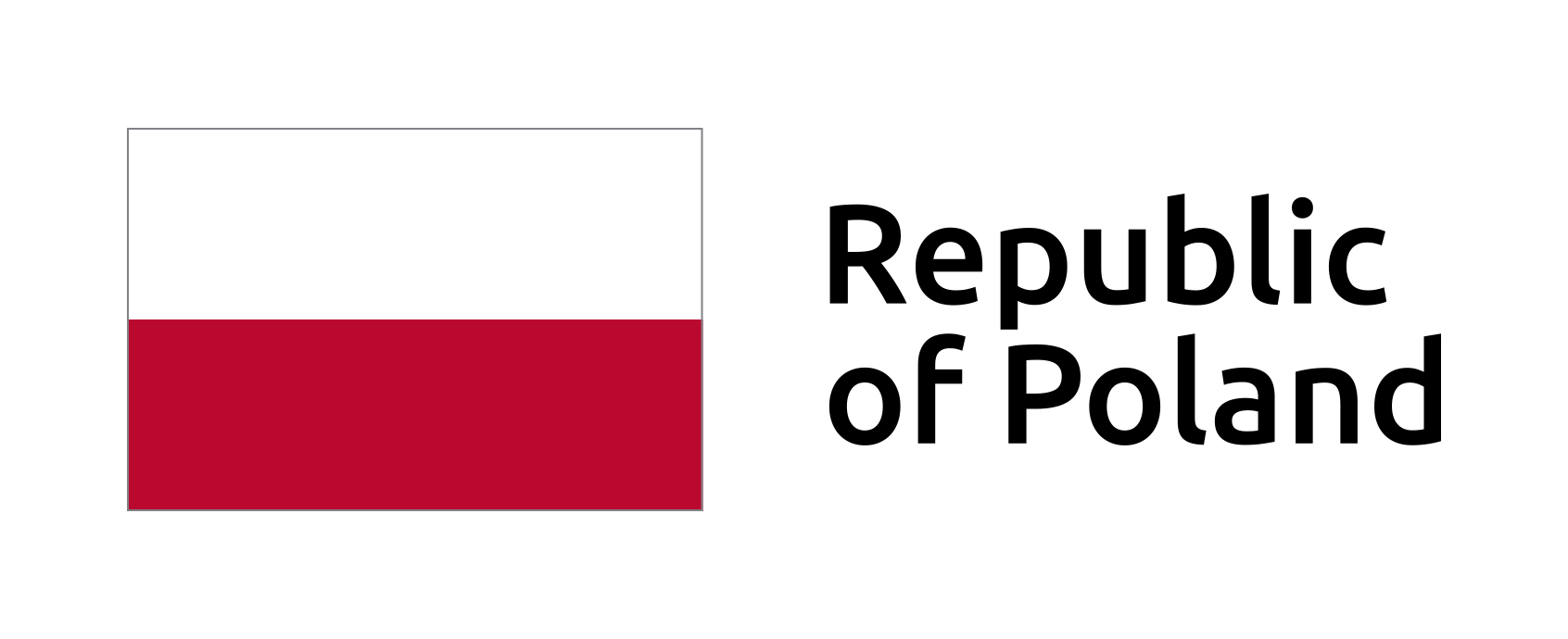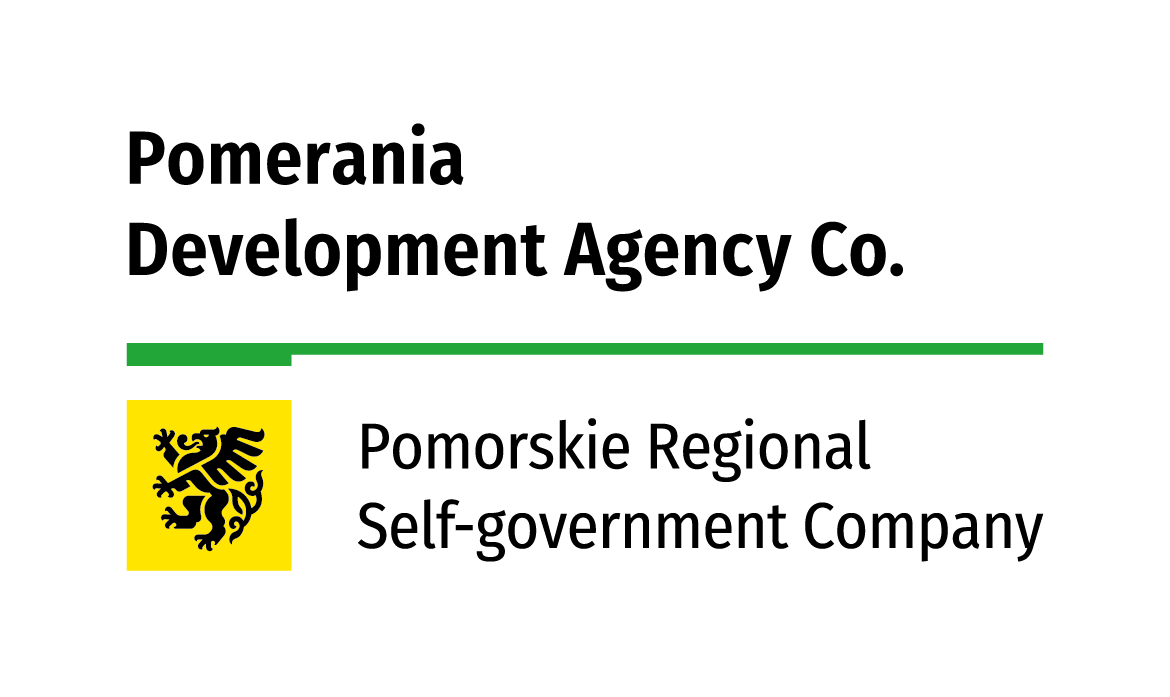The automotive industry is one of the key production sectors in Poland, employing over 509,000 people, which is about 10% of all employees in the industry. Despite the difficult situation in the automotive industry caused by the COVID-19 pandemic, in 2020 Poland recorded only a slight decrease in exports of goods from this sector – it reached the level of USD 29.7 billion.
This result is largely due to the significant increase in exports of lithium-ion batteries. It is the development of electromobility, as well as autonomous vehicles and hydrogen solutions that create new, promising prospects for the development of the automotive industry in northern Poland, which has so far not been commonly identified with the automotive sector.
Despite the COVID-19 pandemic, electromobility is developing extremely dynamically. Poland turned out to be an excellent location for the production of components and batteries for e-cars. This is mainly due to the proximity of the sales market and the competitive price of electricity, but also access to qualified employees and a good investment climate.
Poland was among the top ten exporters of automotive parts in the world and a leading European exporter of lithium-ion batteries. Investment projects in the field of e-mobility have recently dominated the automotive sector, and companies such as LG Chem, Mercedes, Umicore, SK Innovation, Huarong and Foosung have started their new investment activities in the country.
The development of electromobility and the use of advanced technologies in the automotive industry create a new opportunity for Pomerania for a stronger presence in the supply chain in terms of battery construction, electronics production and software delivery.
Main investors in the electronics & automotive sector in PomeraniaFind out more about the logistics sector.
Automotive sector in Pomerania
Due to the dynamic development of the automotive market in Central and Eastern Europe, Pomerania is gaining importance as an important link in the car supply chain. The growing capacity of the ports in the region has created an excellent access channel to the entire regional market. It is estimated that the demand for car reloading in Pomeranian ports will grow in line with the development of the car market in the EU.
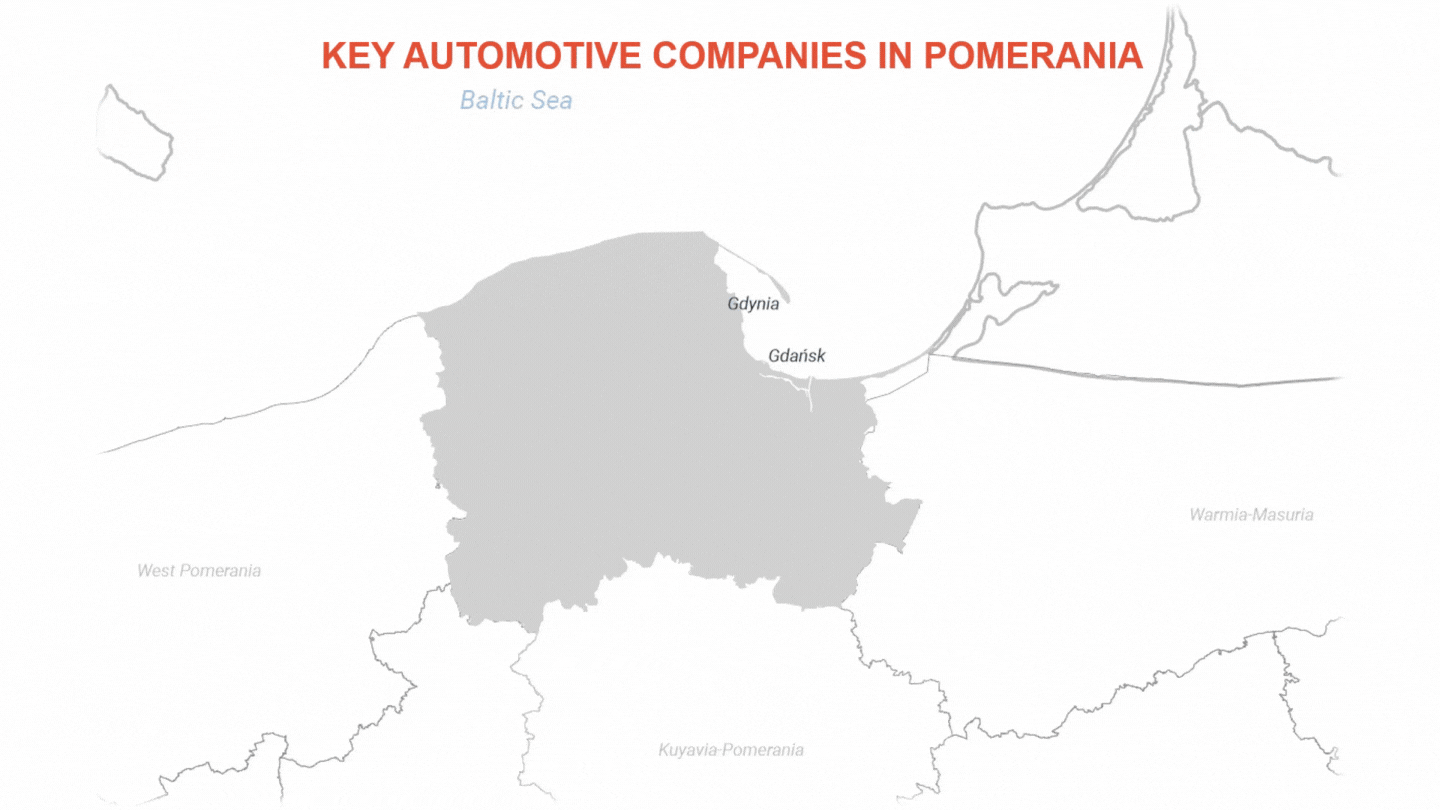
Education
The higher education system in Pomerania currently consists of 24 universities and 80,500 students, of which almost 21,000 joined the local labour market in 2020. Pomeranian universities offer both a well-educated pool of talents and research facilities for the automotive sector, and the Gdańsk University of Technology is a clear leader in the field of engineering studies corresponding to the needs of the industry.
What is equally important, in recent years a number of reforms of the vocational training model have been undertaken in order to adjust the education profile to the requirements of the labor market and specific entrepreneurs. There are currently just over 61,000 students in vocational schools (excluding post-secondary schools) in the Pomeranian Voivodeship, half of them in occupations used in the automotive industry. About 3,000 students a year obtain vocational qualifications useful in the automotive sector (data for 2020).
Learn more about the availability of talents.
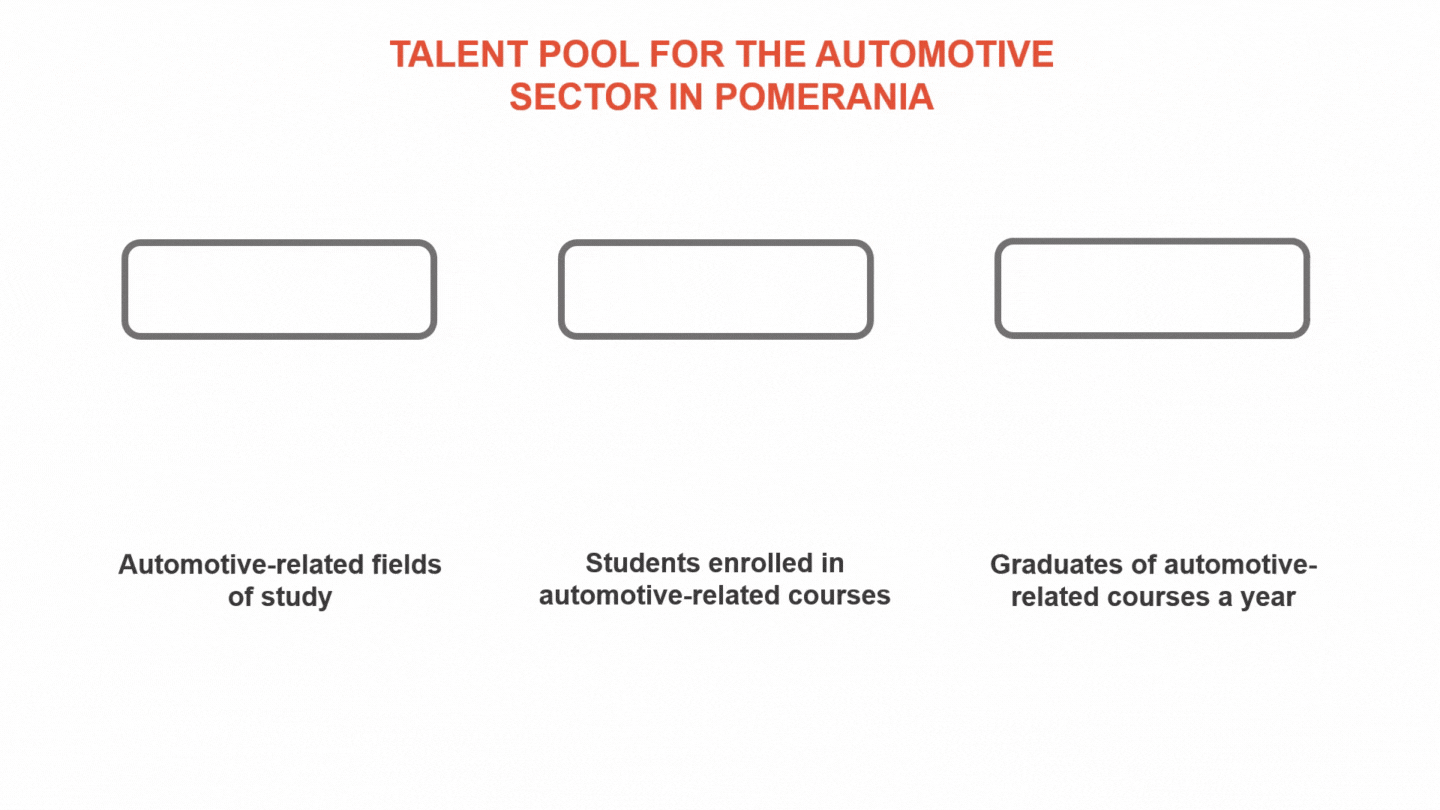
Leaders in the sector
The advantages of the Pomeranian Voivodeship are becoming more and more noticeable among international companies. Due to the high potential (based primarily on the access to qualified personnel and the seaside location enabling the use of sea freight), the region may soon become another key area on the map of the Polish automotive sector, especially in the field of electromobility and solutions for autonomous cars.
In the context of electromobility, the flagship investment project is Northvolt. The Swedish manufacturer of batteries for electric cars and mining vehicles opened its first assembly plant in Gdańsk in 2018 and currently produces batteries for industrial equipment. In turn, the new Northvolt plant, which will start operating in 2023, will be built in the Pomeranian Investment Center at the back of the DCT container terminal and will ultimately employ up to 500 people. The plant will have an initial annual production capacity of 5 GWh and a potential future capacity of 12 GWh. The value of the investment is estimated at $ 200 million.
Pomerania is also an important location in terms of providing solutions for autonomous cars. Intel, Aptiv and Nippon Seiki Europe carry out their activities in this area in Gdańsk.
About two and a half thousand programmers are employed at Intel’s research and development center in Gdańsk. It is the largest corporation research and development center in Europe and the second largest in the world. At the headquarters in Gdańsk, in cooperation with other companies, Intel is developing, among others, data processing solutions used in autonomous vehicles.
Aptiv, on the other hand, produces active safety systems that help to minimize or completely eliminate human errors while driving a car, thus limiting their effects. The plant in Gdańsk, which currently employs about 1,000 people, produces technologically advanced products supporting autonomous driving (cameras, on-board computers) and control panels used in cars.
Nippon Seiki Europe is another important investor carrying out activities for the automotive sector. In the Gdańsk office, the company employs mainly specialists dealing with the specification, design, development and testing of software for on-board information systems. Design and development activities in Gdańsk are carried out in cooperation with other engineering centers of the Nippon Seiki Group. It includes systems design, software development, systems testing and diagnostics, and design of electrical, optical and mechanical subsystems.
Another key investor in the automotive industry is Eaton, which produces gearboxes, components for drive systems and compressors for combustion engines at its plants in Tczew. Eaton supplies its products to the leading manufacturers of passenger cars and trucks in Europe.
It is also worth noting the research and development activities carried out by Eaton in Tczew, where the modern Eaton Engineering Center employs approximately 40 engineers. The main tasks of the Center include supporting the current production at Eaton Truck Components and conducting R&D projects for the Eaton Truck and Eaton Automotive Groups.
When talking about the Pomeranian automotive sector, one cannot ignore such companies as AQ, Wiring Sytems Scania, Zoeller Tech and Federal Mogul.
AQ produces cables used, among others, in buses and agricultural machinery. Its clients include Scania, Bombardier, Komatsu, Zoeller, Krone, Grimme and ABB. In 2019, the company implemented a project of building a new plant, which is key from the perspective of its further development in Pomerania – over 600 people currently work in Linowiec near Starogard Gdański.
Learn more about the electronic sector.
Swedish Scania is another important company in the industry that has located its production in Pomerania. Scania has been assembling city buses at the plant in Słupsk since 1992. However, since 2014, a branch of the German company Zoeller Tech, the largest manufacturer of garbage trucks in Poland, has been operating in Rekowo Górne. Zoeller Tech is a leader in providing modern solutions for municipal companies. The company also conducts studies in its own design office, which is to be a guarantee of obtaining products with innovative solutions and the highest utility values.
Federal Mogul is an important point on the Pomeranian map of the automotive sector. Currently, over 1,000 people work at the plant in Gdańsk. Plain bearings, bimetallic strips and bronze powders are produced – the products are supplied to leading car manufacturers in Europe.
You can read more about the automotive sector in the Invest in Pomerania report on the sector’s situation, particularly in Pomerania.

